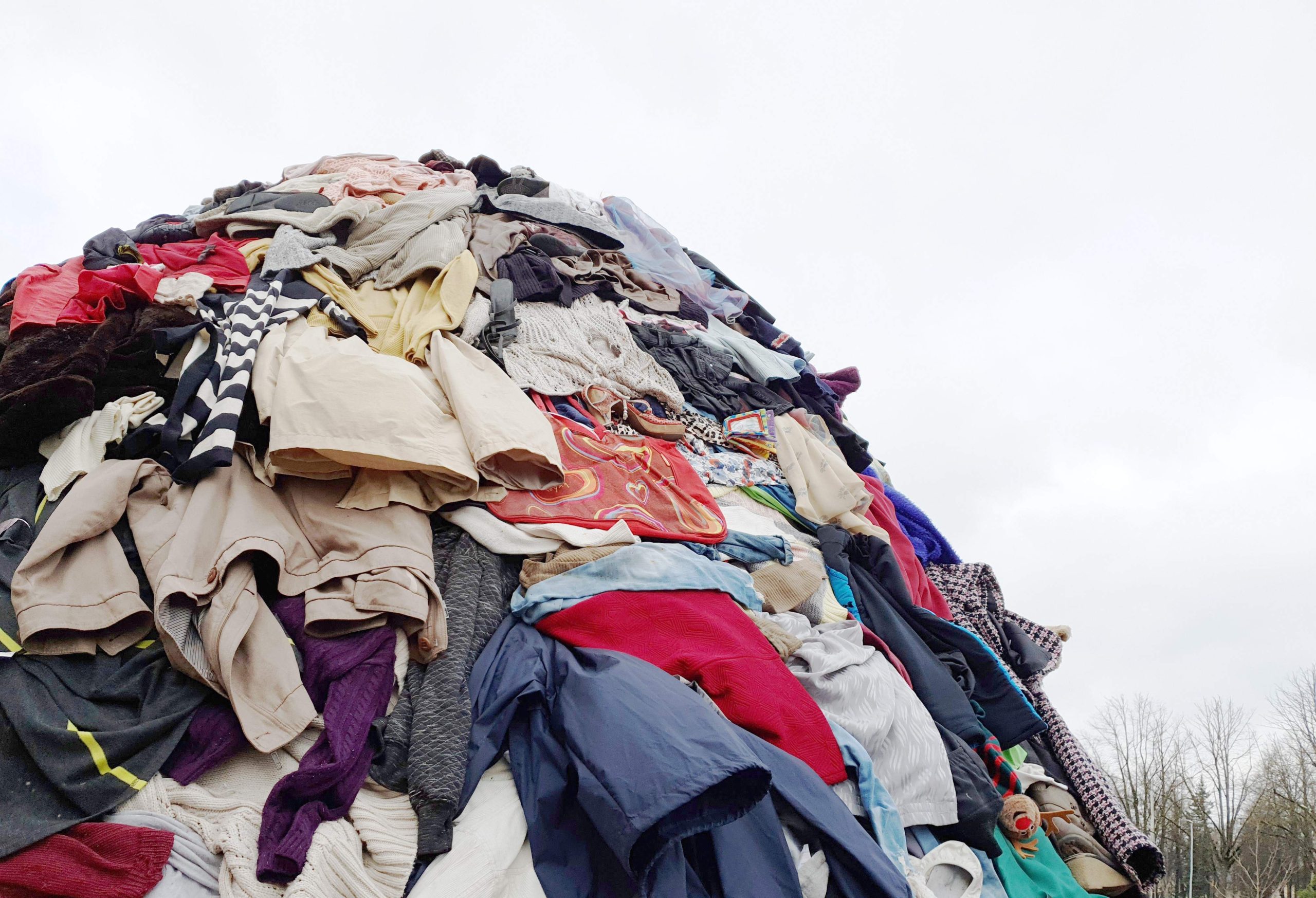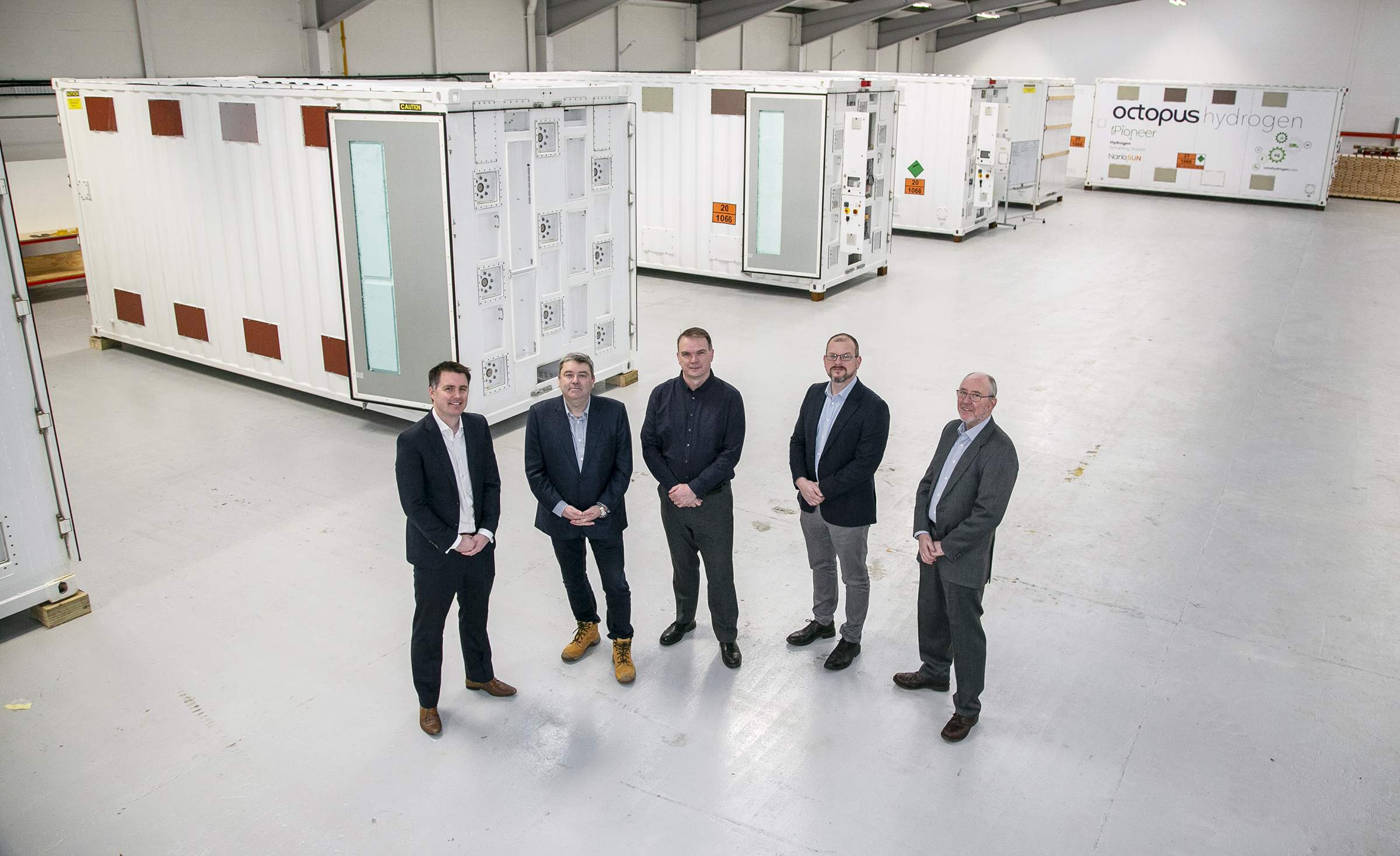Hydrogen Utopia: Exploring Hydrogen as a Solution for Fashion Pollution

Hydrogen Utopia has announced it to provide a solution to fashion pollution for clothing manufacturers and suppliers. Hydrogen Industry Leaders spoke to the company about how hydrogen can be a solution to tackling waste and becoming more sustainable.
Hydrogen Utopia International PLC (HUI) is specialising in turning non-recyclable mixed waste plastic into hydrogen and other carbon-free fuels.
By entering into a strategic partnership with Ethical Fashion Group (EFG), it will support clothing manufacturers, suppliers and retailers to address the devastating environmental impact of products made partly or wholly from non-recyclable plastics including polyester and polyamides.
Using Hydrogen Is Crucial To Helping Industries Become More Sustainable
HUI’s process involves, plastic waste being transported to the plant, usually by the party who are wishing to dispose of the waste, and then on arrival, the plastic is inspected to ensure its compliance with the agreed specification, weighed and put into storage.
As required, the waste will be removed from storage and processed by sorting, to remove major contaminants, and shredding, to break the plastic into uniform sizes. The shredded plastic can then be stored in silos ready for processing in the pyrolysis reactor.
Hydrogen Industry Leaders spoke to Aleksandra Binkowska, Chief Executive Officer at Hydrogen Utopia International PLC about the partnership and why it is crucial that industries transition to becoming more sustainable.
She began by explaining HUI’s process: “A lot of things are made of plastic and most of them are unrecyclable. What we do is shred the plastics to five millimetres or one millimetre, it depends on the plastic itself. The plastic being used has already had someone use it, drank from it, or ate from it.”
The plastic has already had its original purpose fulfilled. So why not turn it into hydrogen and gas?
Plastic Is A Huge Issue For Everyone
The clothing industry is one of the biggest pollutants in the world, producing an estimated 92 million tonnes of textile waste every day. Currently, most clothing is made using refinery-derived products including polyester, polyamides, or a combination of the two.
Plastic that goes to landfill represents a waste of resources because it has high energy value and can be either converted to electricity or hydrogen using the HUI technology. There is also a real problem with waste plastic that escapes into the environment because such waste constitutes an environmental hazard of massive proportions.
Aleksandra expressed that plastic is an issue for everyone in every industry and that this is an issue that needs to be tackled quickly: “Everything is made of plastic. Wherever I look, I see plastic.”
For example, think of a hotel card which is made from paper, even this is made with plastic. It is plastic in the end.
Hydrogen Is The Answer To Decarbonising Transport
Aleksandra revealed that hydrogen is not only crucial to helping to tackle fashion pollution but to help decarbonise transport.
The UK is to end the sale of new petrol and diesel cars by 2030, with a second deadline of 2035 being set for when all new cars and vans need to be fully zero emission at the tailpipe.
She explained that in the future, drivers will have to make the transition to electric but “we don’t have enough chargers and there are already queues to charge the electric cars.”
Even if we fix this, what do you do about heavy vehicles? If fuel must change because governments are putting legislation on it, then I think that hydrogen is the only answer.
This is where HUI’s solution of using plastic waste comes into the equation because to use hydrogen, we need to create it.
Highlighting how important collaboration and partnership are in boosting the hydrogen economy, Aleksandra said that: “Without collaboration, cooperation and exchanging knowledge, it is just impossible.
“We need companies like ours, thousands of them because for example, we have so much plastic to tackle. We need to keep innovating because it would be great to hear more about the ideas of what people are going to make hydrogen out of, but we just don’t have enough technology.”
Going forward, there are four potential solutions to the plastic waste problem, these are: Reduce the use of plastic, recycle more, make the disposal routes more effective and ensure that plastic waste that escapes to the environment decomposes quickly and safely.
HUI’s solution to tackling fashion pollution and the plastic waste issue is ensuring that plastic can be used in an effective and sustainable way, which will help the industry to reduce its carbon emissions and have a positive effect on the environment.

